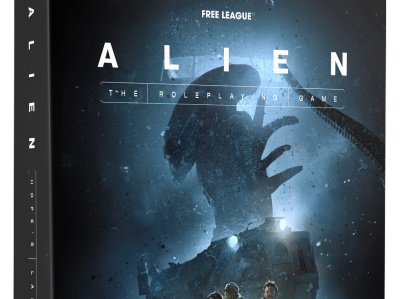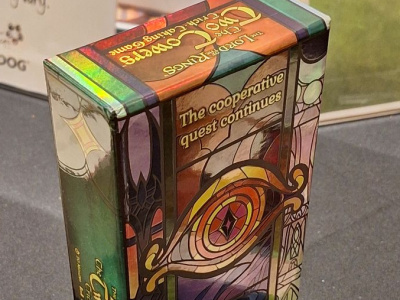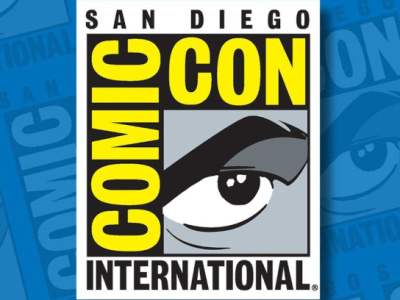
Rolling for Initiative is a weekly column by Scott Thorne, PhD, owner of Castle Perilous Games & Books in Carbondale, Illinois and instructor in marketing at Southeast Missouri State University. This week, Thorne thoughtfully analyzes the future of the role-playing game.
In his recent (December 20, 2012) "State of the Mongoose" post, Mongoose publisher Matthew Sprange has this to say about the company's decisions regarding RPG publication:
"Publishers can still get into decent four figure ranges on new releases (our own 2300AD is a good example). But it is not the norm. Most RPG books these days are being bought by just a few hundred people, no more. Think on that for a moment...
"On the other hand, RPG sales among PDFs, spearheaded by DrivethruRPG.com, are fairly booming. Which, of course, brings us to the inevitable question; is digital taking over?
"For our part, we now look at each and every book as it goes through layout, and do a lot of soul-searching as to whether it should be given a full print run. More and more often, the answer is starting to be 'no.'"
And:
"As I said previously, the market for printed books is dire, a pale, pale shadow of what it was ten years ago (from now on, we’ll call 2001 'the Golden Age'). On the other hand, electronic sales have never been better."
Obviously, I cannot speak to the RPG market from the publisher's vantage point, though it does appear that more and more small publishers in the RPG market are going the PDF and Kickstarter route. In the store, we have seen printed RPG sales fluctuating betwixt 5 and 10% of total store sales. We have seen three overarching trends:
1. Concentration of sales among the top selling RPG lines. About three lines account for 80% of total RPG sales. Everything else in the RPG category accounts for the other 20% (It’s the 80/20 rule in action again).
2. Lack of interest by customers in venturing outside their comfort zone. There are very few "Igors" (cue Dork Tower reference) who are willing to try a brand new RPG just because it pops up on the new release shelf. Most stick with the tried and true, going for the new Pathfinder, Dark Heresy, or, much less than in days of yore, Dungeons & Dragons, though how much of this is due to dissatisfaction with the current system and how much is due to not wanting to buy new books with D&D Next looming on the horizon, I can’t say.
3. Huge decline in sales of used RPGs. Pre-eBay and PDF, sales of used RPGs accounted for a huge amount of our RPG sales. In fact, we didn’t even want to deal in used RPGs when we started out. Our customers kept bringing in stuff they wanted to get rid of and, at the time, the markup and turnover on them was huge. Today, markup is still huge, but turnover is a fraction of what it used to be as customers could satisfy the thrill of the hunt much more easily online and those who just wanted content could readily find PDF versions of almost everything out of print for free or very low cost, if they looked hard enough.
Unfortunately for the future of brick and mortar RPG sales, I don’t see any signs of change coming in the immediate future, which leaves two options:
1. Focus on the top RPG lines and eliminate the rest.
2. Focus on developing a market for the lower tier RPGs, which offers the chance for a broader market base for a tradeoff of much more work on the part of the store.
The opinions expressed in this column are solely those of the writer, and do not necessarily reflct the views of the editorial staff of ICv2.com.







